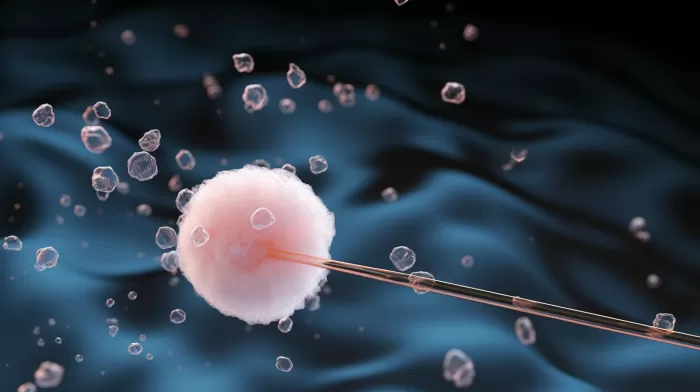You may not think your belly button is all that special, but researchers at North Carolina State University beg to differ! Their Belly Button Biodiversity Project has swabbed around 500 navels in an attempt to understand the bacteria that live on human skin. Your belly button happens to be the perfect starting point because it’s a well-protected and relatively isolated sanctuary for microorganisms.
“No one volunteers when we ask for armpit samples.”
Belly buttons are universally common, linking us to our past. Still, most people don’t pay much attention to them, often neglecting to wash them properly. This happens to be great for bacteria! They can live safely within our belly buttons, giving scientists the opportunity to ask many questions about their diversity and distribution. The first step is to figure out who resides there, much like how the first explorers documented and described their discoveries upon arriving at new continents.
Who resides in the belly button?
The Belly Button Biodiversity Project compares volunteers’ navels to learn more about natural skin bacteria. Researchers have found that belly buttons don’t produce any special secretions or oils like other protected body parts – the nose, for example. This means that the microbes residing in the navel are fairly representative of the rest of the body.
Participating volunteers submit information about their age, sex, whether they have an “innie” or an “outie,” where they grew up, and their ethnicity. After this, a sterile swab is used to collect a sample from their belly buttons. These swabs are then left to grow until the bacteria samples are big enough to be photographed.
A world of belly button bacteria
Results of the Belly Button Biodiversity Project show a diverse range of belly button bacteria. The most abundant include Staphylococcus epidermidis, the most common skin bacteria, Micrococcus luteus, and Pseudomonas. Less abundant were molds, fungi, and yeast, which researchers had expected to be more plentiful on human skin.
The Belly Button Biodiversity Project is shedding light on the fascinating world hidden within our navels. It turns out that our belly buttons are so much more than just a remnant from our days as an embryo – they offer invaluable insights into our health, biological makeup, and the surprising importance of microorganisms in our lives.
What can we learn from belly button bacteria?
Why is it so important for scientists to understand the bacteria living in our navels? The skin microbiome is the collection of trillions of bacteria, fungi, and other microorganisms living in and on our skin. These microbes play a crucial role in our overall health, as they help fight off potentially harmful pathogens, assist in the healing of wounds, and maintain the balance of microorganisms within our skin.
Understanding the bacteria in our belly buttons can help us understand the complexities of the skin microbiome and how these microorganisms are connected to our health. It may even lead to new ways to fight illnesses and skin conditions caused by an imbalance in our skin’s bacterial community.
If you suffer from recurring skin infections, allergies, or other issues, it’s worth paying attention to the types of bacteria living within your navel. By ensuring you thoroughly clean your belly button regularly and taking care of your overall hygiene, you can help maintain a healthy balance of microorganisms on your skin and avoid complications down the road.
The future of the Belly Button Biodiversity Project
The Belly Button Biodiversity Project may have already swabbed around 500 navels, but scientific research never stops. As more data is collected, researchers will continue to learn about the diverse microorganisms inhabiting our own bodies. Understanding our personal microcosms can teach us how to improve our health and overall wellbeing.
So, the next time you glance at your belly button, take a moment to ponder the fascinating world of microorganisms within and the extraordinary role they play in your life.



